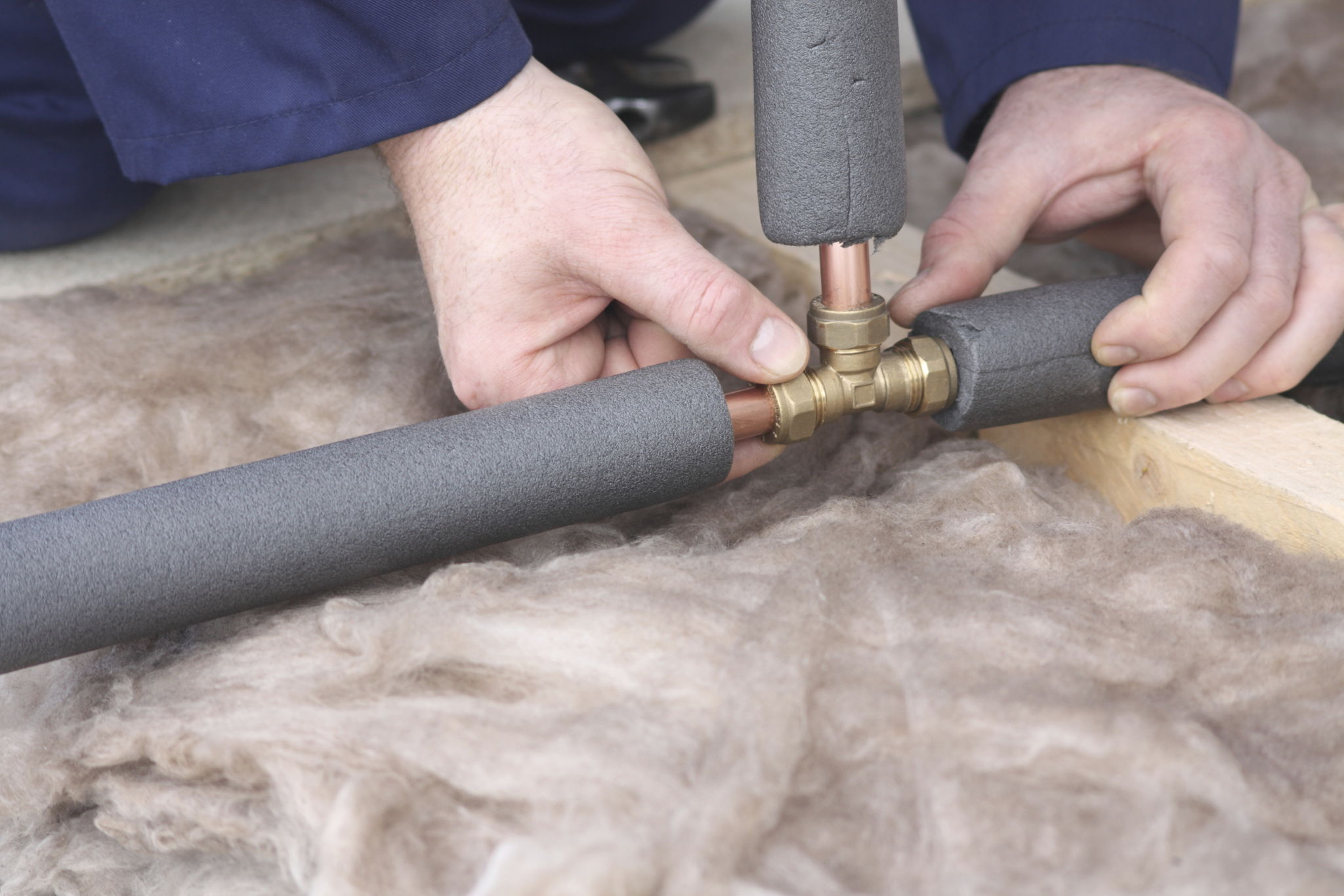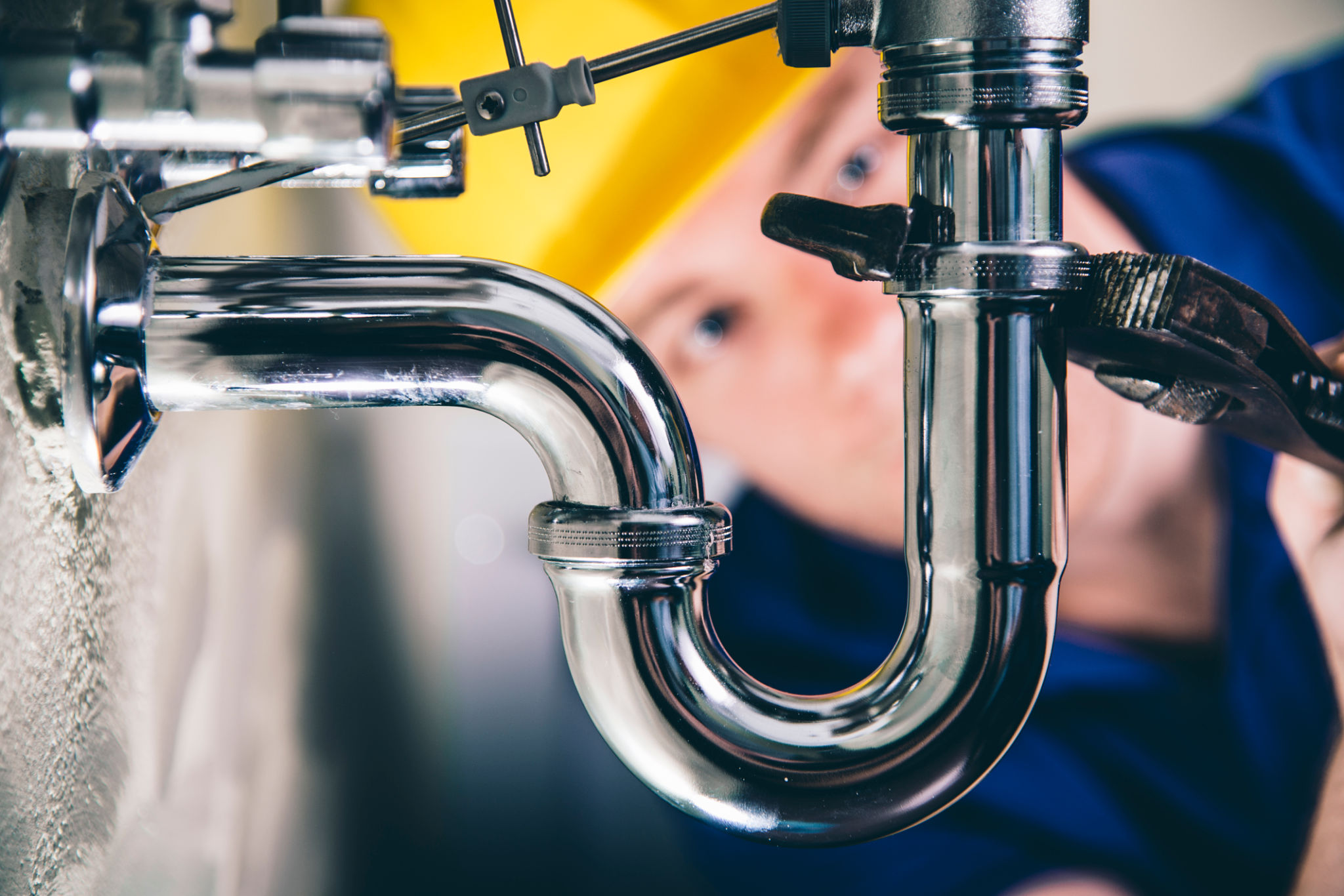Seasonal Plumbing Tips for West Park Residents: Preparing Your Pipes for Winter
Understanding the Importance of Winterizing Your Plumbing
The winter months can be particularly harsh on plumbing systems, especially in areas like West Park where temperatures can dip significantly. Preparing your pipes for winter is crucial to avoid costly repairs and ensure your home's plumbing system functions smoothly throughout the season. Without proper precautions, the risk of frozen or burst pipes increases significantly.
Winterizing your plumbing not only prevents damage but also helps conserve water and energy, as inefficient systems can lead to increased utility bills. Taking the time to prepare now can save you from major headaches later on.

Insulate Your Pipes
Why Insulation Matters
One of the most effective ways to protect your plumbing during winter is by insulating your pipes. Insulation helps maintain a consistent temperature, reducing the likelihood of freezing. Pipes located in unheated areas such as basements, attics, or garages are particularly vulnerable and should be prioritized.
How to Insulate Your Pipes
You can purchase foam pipe insulation at most hardware stores. Simply wrap the insulation around exposed pipes and secure it with tape. For added protection, consider using heat tape or cables on pipes that are particularly susceptible to freezing.

Check for Leaks and Drips
Identifying Problem Areas
Before winter sets in, it's important to check your plumbing system for any leaks or drips. Even small leaks can lead to significant issues if left unaddressed. Inspect faucets, showerheads, and under sinks for any signs of moisture or water damage.
Fixing Leaks
If you discover any leaks, it's best to repair them as soon as possible. Sometimes, a simple tightening of a faucet or a replacement of a washer can resolve the issue. For more complex problems, consider hiring a professional plumber to ensure the job is done correctly.

Prepare Outdoor Faucets and Hoses
Outdoor faucets and hoses are often overlooked but can be particularly vulnerable in cold weather. Start by disconnecting and draining all garden hoses. Store them indoors to prevent damage from freezing temperatures. Next, shut off water supply valves leading to outdoor faucets and open the faucets to allow any remaining water to drain out.
Installing a faucet cover can provide extra protection against freezing. These simple devices are inexpensive and can be easily fitted over outdoor faucets to add an additional layer of insulation.
Maintain Your Water Heater
Your water heater works harder in the winter months, so it's important to ensure it's in good working order. Check the temperature settings and adjust them if necessary; a setting of 120 degrees Fahrenheit is usually sufficient. Consider flushing the tank to remove sediment buildup which can reduce efficiency.
If your water heater is older or showing signs of wear, it may be worth investing in a new, energy-efficient model. This can not only save you money on energy bills but also provide peace of mind that your water heating needs will be met reliably throughout the winter.
